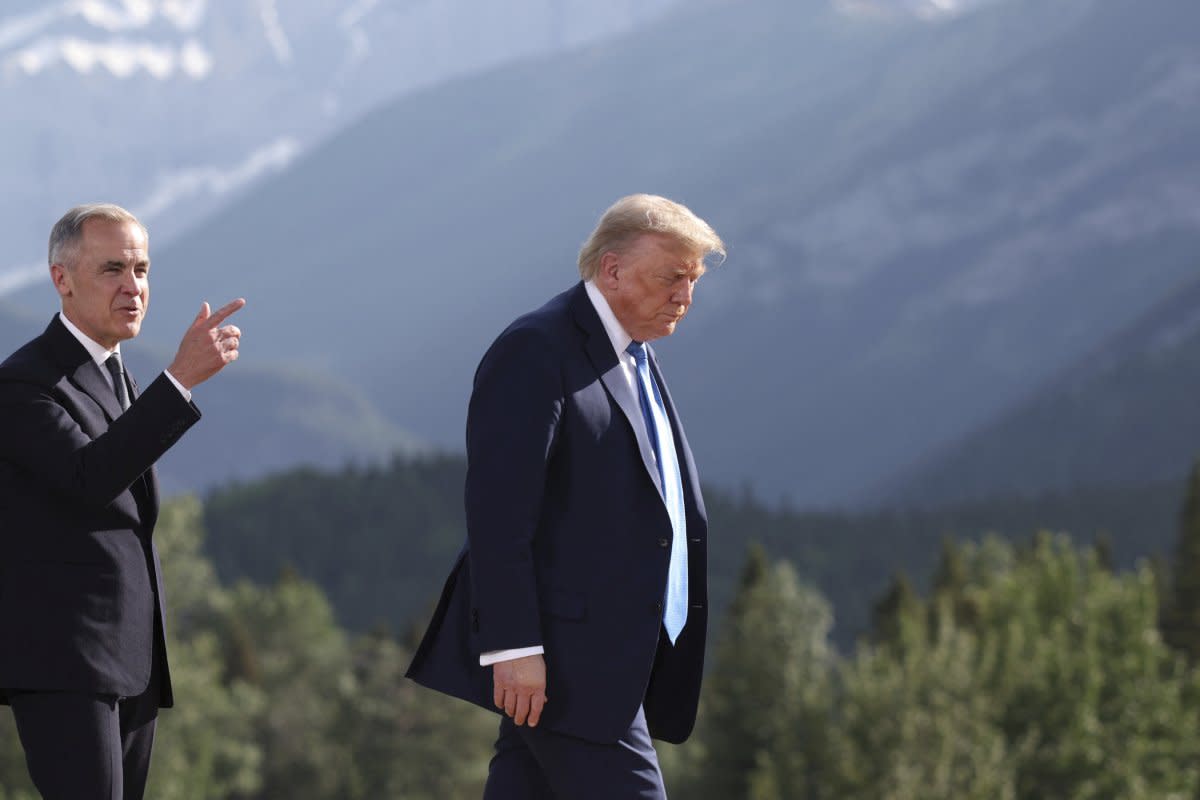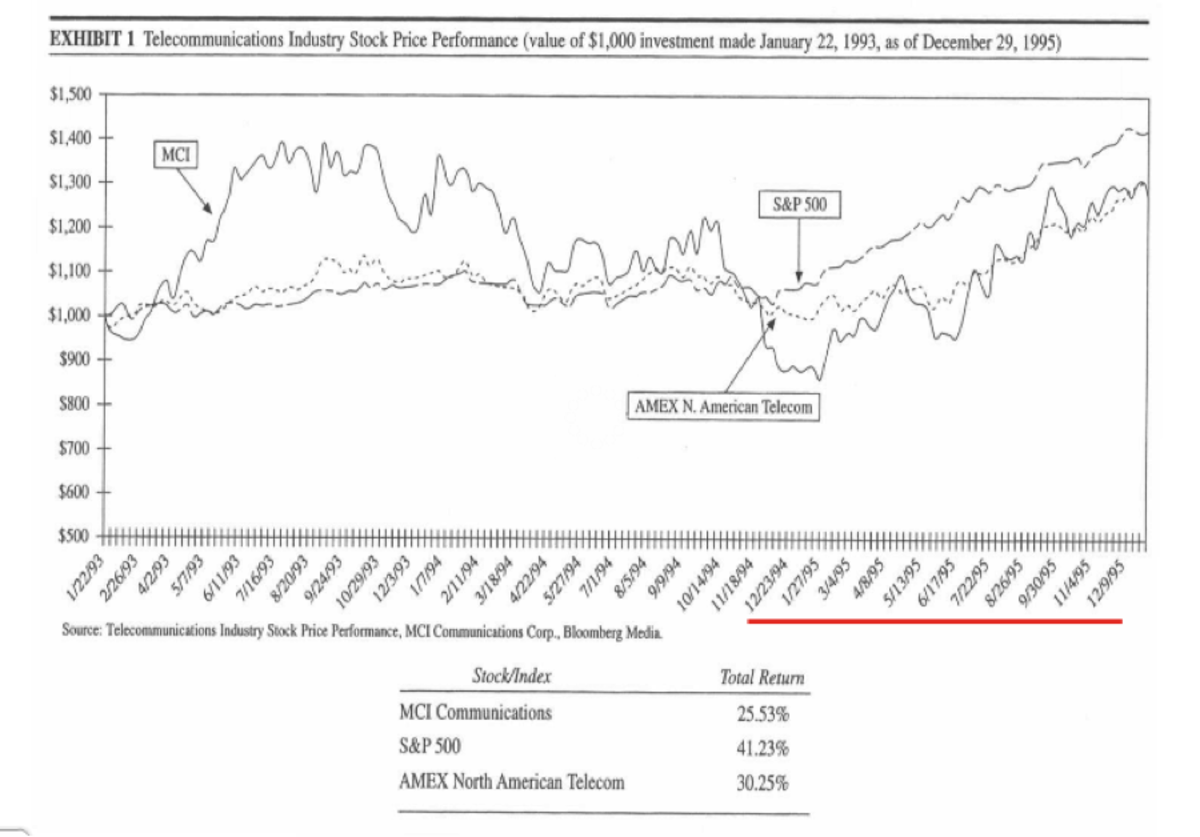Types of Trade Barely Affected by Traditional Trade Theory
Introduction
Peter Drucker's books include a list of types of trade that are minimally or rarely affected by standard trade theory. What is traditional trade according to trade theory, and what types of trade are barely affected by trade theory?

Traditional Trade Theory
Traditional trade theory studies transactional trade, from cash over a barrel purchases to financed purchases of products shipped around the world. Traditional trade theory includes traditional investments like buying foreign bonds, real estate in another nation or purchasing stocks on an international stock market. And traditional trade theory includes tourism.
And this trade theory was sufficient for covering almost all types of trade through World War 2. However, the rise of multinational companies and international business deals has led to types of trade not covered by traditional trade theory. What are these categories of trade?
Structural Trade
When one company builds a design and buys from the same suppliers for that design, no matter where it is built, that is called structural trade. Subassembly factories sending products to a central plant for assembly is one example of structural trade, no matter where in the country or world they are located.
A chemical factory owned by an international conglomerate importing feed stocks and exporting intermediate chemical stocks to the other companies in the conglomerate is a type of structural trade.
This type of structural trading is not as affected by labor costs or currency valuations because the exchange of items are assigned values on the company's ledgers. And their actual costs are not affected as much by the local economy as would be trade driven by the intermediary processor buying stocks from local suppliers before exporting the chemical stocks to a buyer.
Institutional Trade
When a multinational company builds a factory or new call center, it tends to use the same institutions as its suppliers no matter where in the world the new facility is located. They use the same computer suppliers, the same IT service contractors, the same financial accounting services providers and such as much as possible to gain economies of scale and financial savings when buying these products and services.
And the company enjoys greater efficiency by having the same products and service providers at all sites instead of each site relying on a local supply network that results in variations in work processes and products. The value of standardization sometimes precludes using local suppliers, and it partially insulates institutional trade from currency fluctuations.
When companies use the same service providers for all sites around the world, they may be able to avoid variation in the price due to local currency fluctuations around the world. For example, if the multinational company outsources IT to a company in India, the devaluation or inflation of currency in various international sites doesn't matter because the services are paid by the headquarters in the currency of the nation where it is located.

Business Alliances
Business alliances tend to involve one company's intellectual property and another as the manufacturer. Think of Apple's design teams in California and its manufacturing partners in China. Think of pharmaceutical research by Israeli and American firms, while the drugs are manufactured in factories around the world per the formulations provided to them.
The financial value of business alliances is hard to nail down, because they don't show up in traditional trade based metrics at all. The engineers' salaries in the US are part of GDP, and the value of the imported smart phones shows up in trade figures, but the financial value of this division of labor and rewards to the partners isn't.
Another version of this is joint ventures. The value of the joint venture can be estimated by the partners, but each company remains separate (unless the joint venture is a new company/entity).
Knowledge agreements such as licensing intellectual property have grown in global importance, but these agreements are not affected by currency valuation or consumer demand, but the demand of firms to license the IP and utilize it. And IP agreements such as licensing a movie or book for distribution in many countries has economic value, but it isn't a formal export in the way that traditional trade theory is designed to capture.





